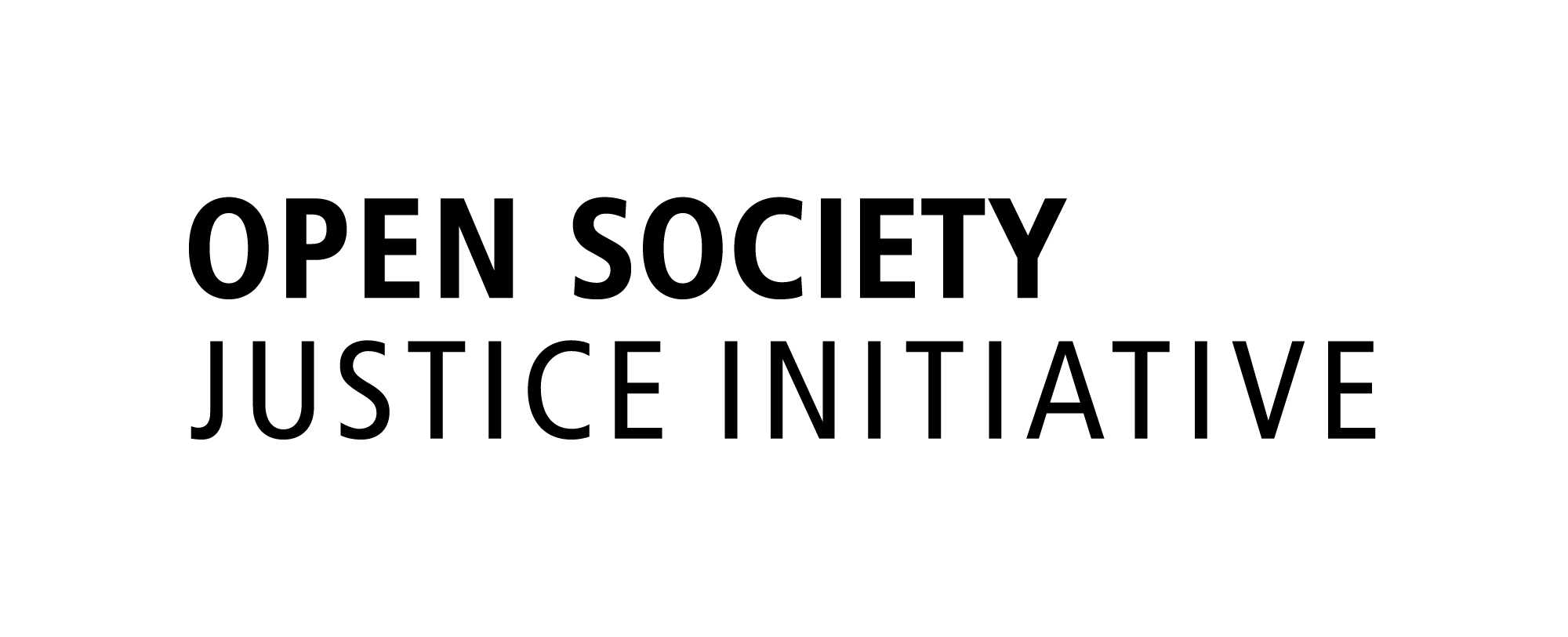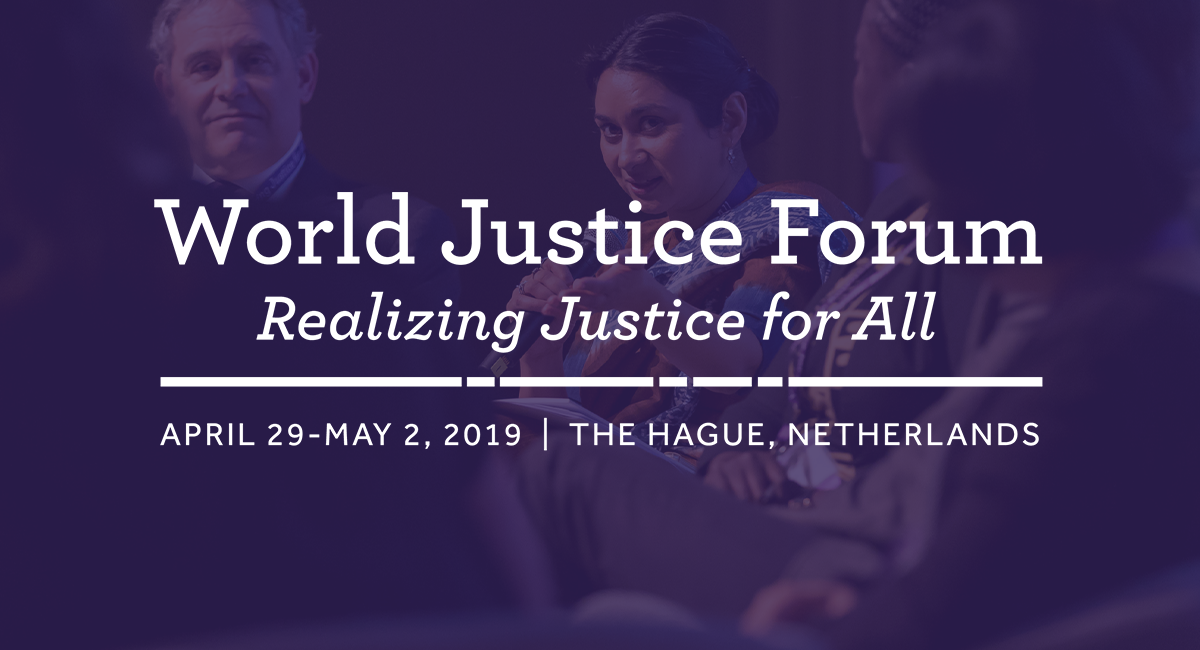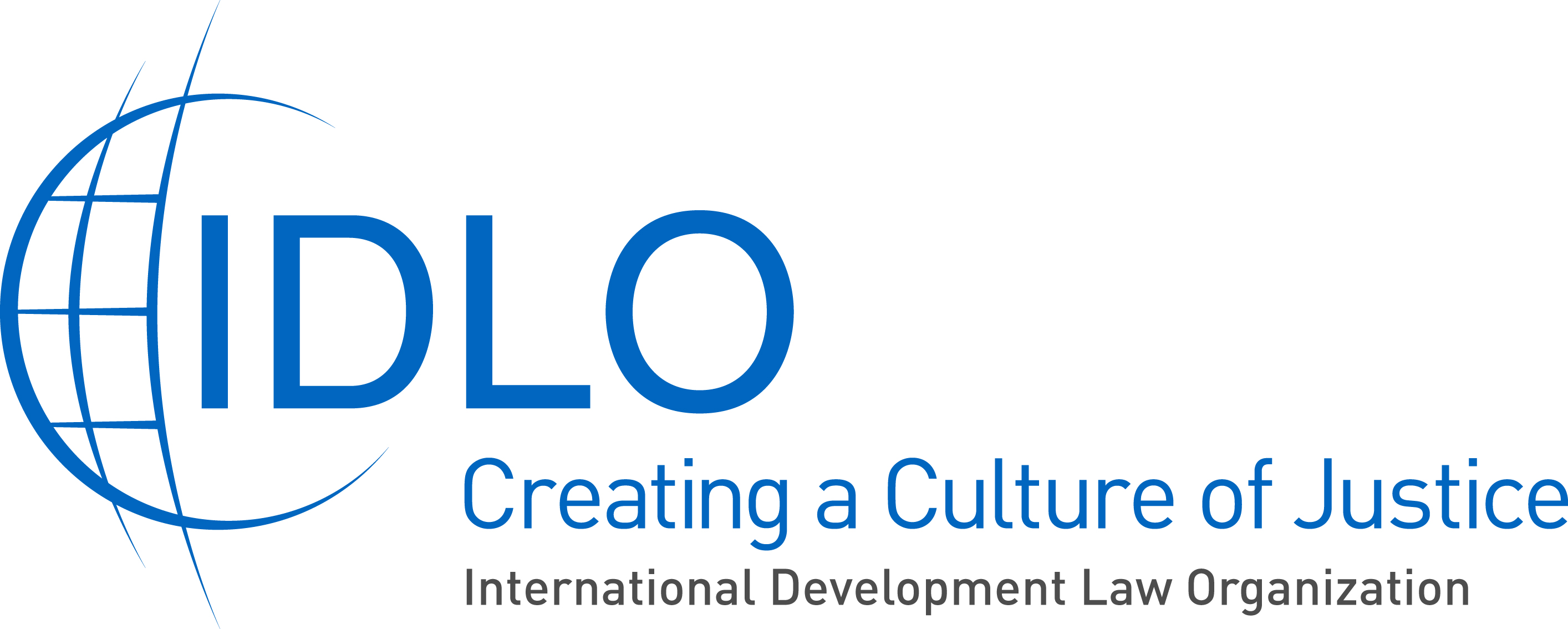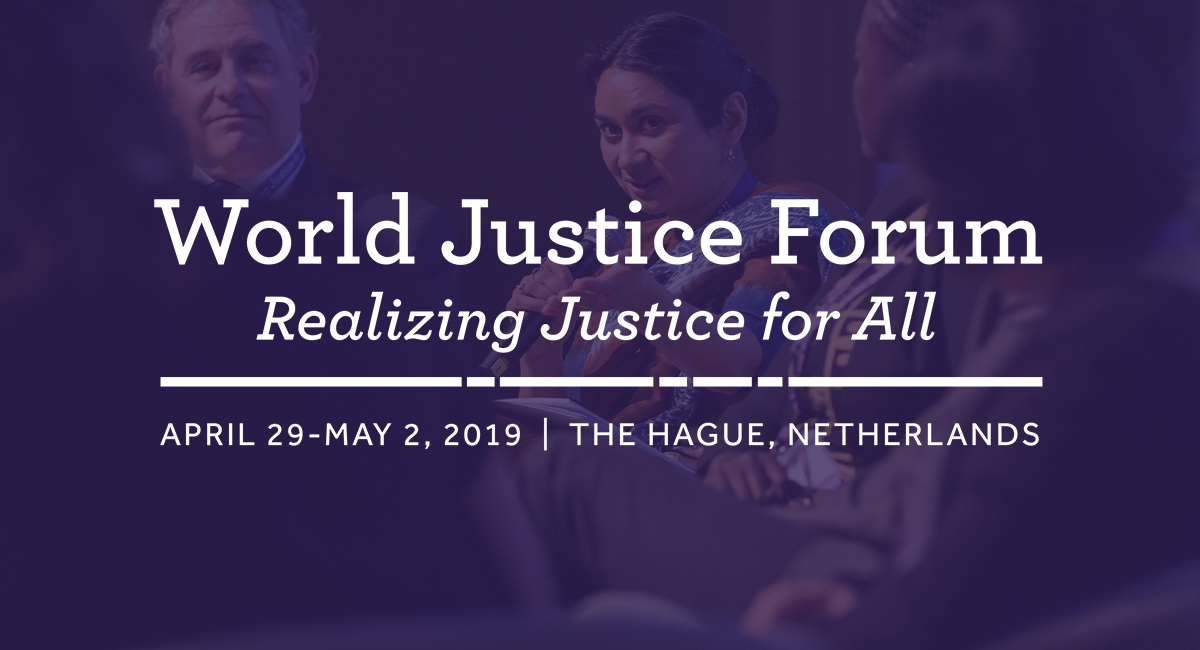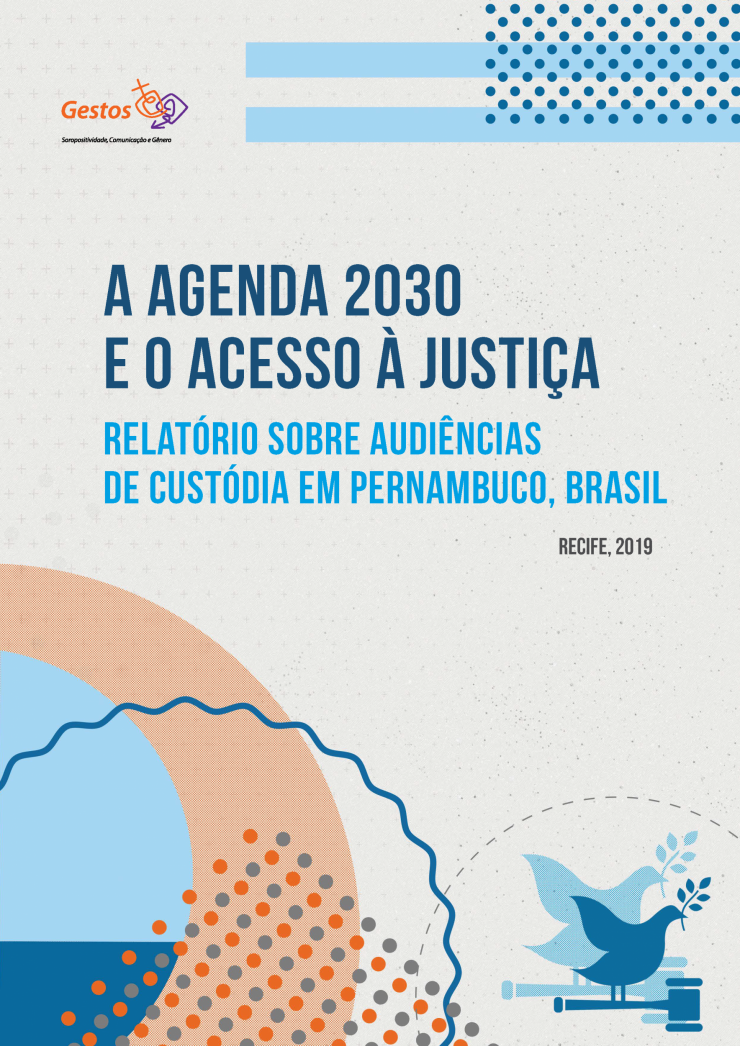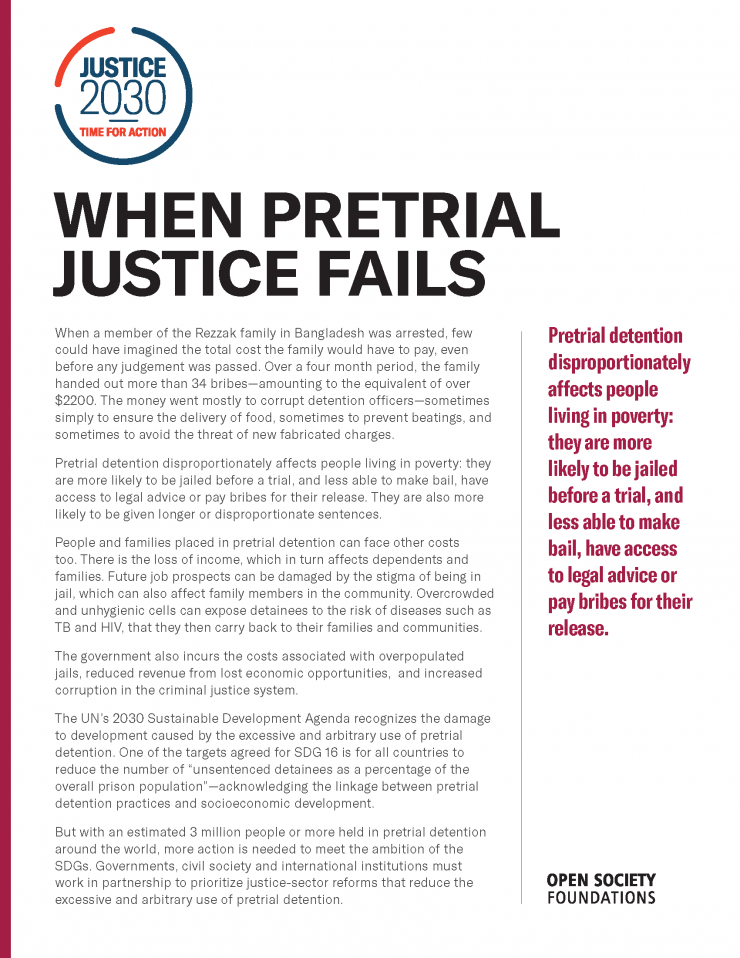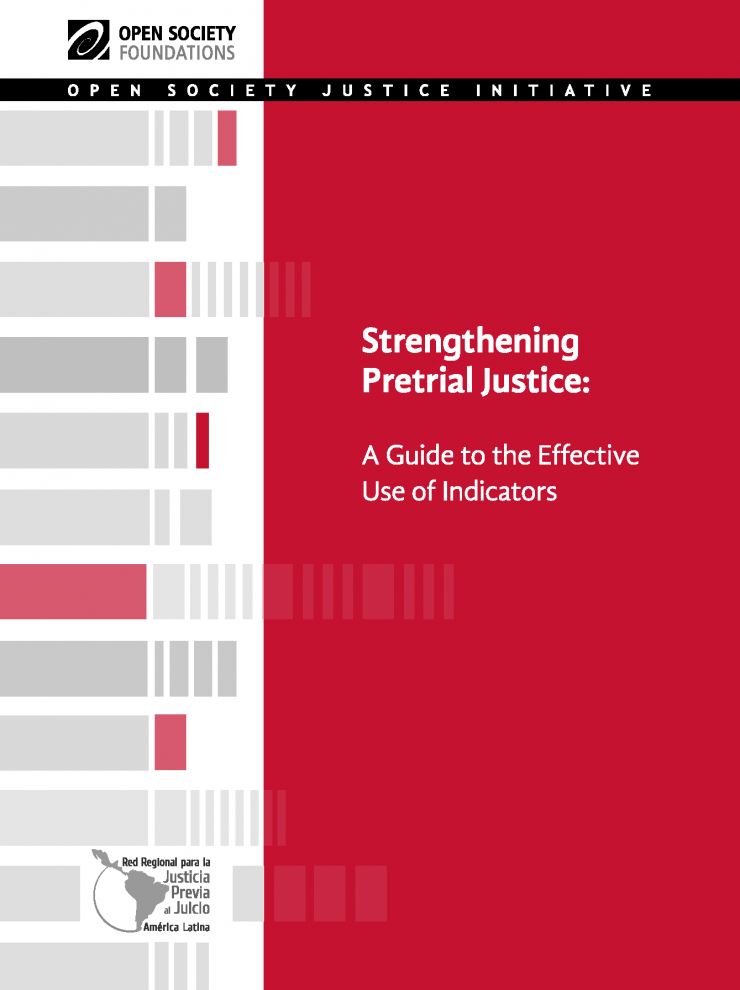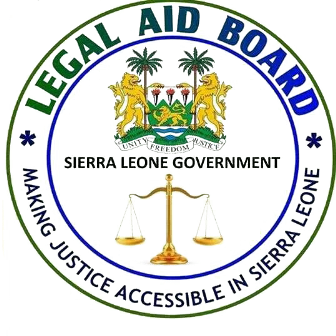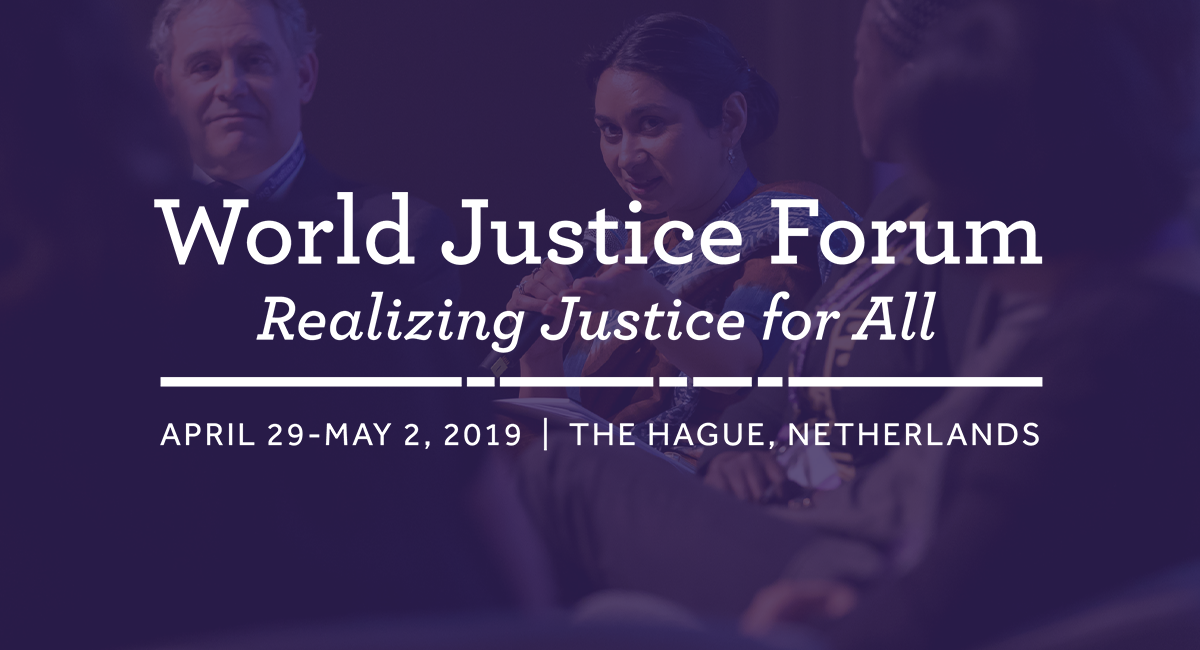During this session participants discussed the opportunities presented by the Voluntary National Reviews and HLPF processes and examined some of the ways in which civil society justice practitioners can work with governments to demonstrate successful examples of implementation as well as areas where more action is needed. Discussants were asked to share information about their country’s Voluntary National Review processes so that other participants could learn and exchange knowledge. Speakers highlighted the importance of involving non-state actors in the process, improving collaboration between variety of actors including legal advice offices, civil society, government, and other local and international actors in implementing the targets, and improving financing to improve the effective implementation of SDG Goal 16.
Read the full summary for this working session.
